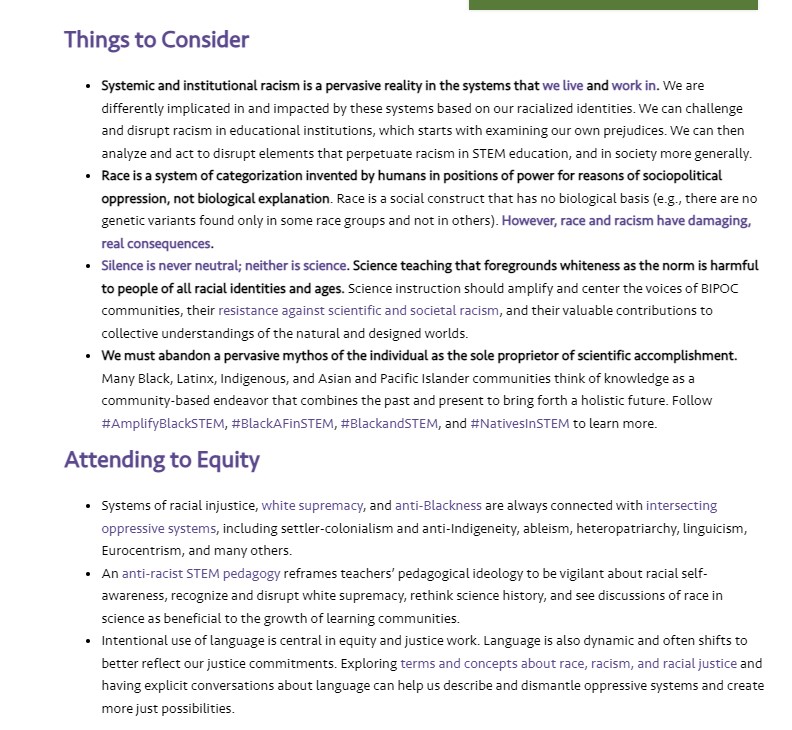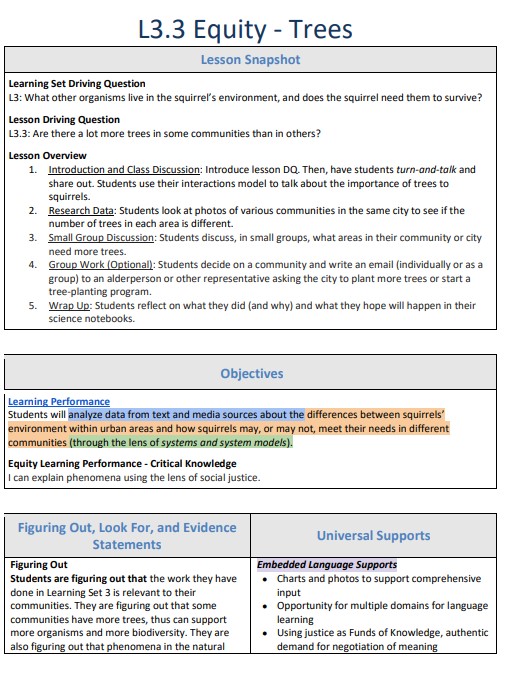Portland Public Schools science courses in high school focus on ‘climate justice’ and ‘social justice’
Investigations
Jefferson High School in Portland offers students science courses that use a social justice lens. One of the courses titled “Climate Justice/Climate Change” has students “explore the topic of climate change and climate justice through both a science and social studies lens.” The elective science course will have students “investigate climate and engineering solutions as well as the disproportionate impact that climate change has on various frontline communities.” The district defines “frontline communities” as:
Communities that experience continuing injustice—including people of color, immigrants, people with lower incomes, those in rural areas, and indigenous people—and face a legacy of systemic, largely racialized, inequity that influences their living and working places, the quality of their air and water, and their economic opportunities.
The high school chemistry course offering states that it focuses on the Next Generation Science Standards (NGSS) for chemistry science. Additionally, the class includes an emphasis on social justice.
The Next Generation Science Standards incorporate social justice and climate justice frameworks into the materials, blogs, and articles it disseminates. For example, in its newsletter “NGSS NOW” from November 2021, it promotes STEM Teaching Tool 79 from the site STEM Teaching Tools. The teaching tool titled “How can we confront and dismantle systemic racism through science learning?” states that science is a “subjective human endeavor shaped by issues of power and oppression.” The site also claims that science teaching and learning “often leaves untouched a status quo that threatens the physical, emotional, psychological, and intellectual well-being of historically minoritized learners, especially students from Black, Indigenous, and People of Color (BIPOC) communities.”

As part of a Next Generation Science Standards unit on squirrels, a lesson titled “L3.3 Equity – Trees” states that students will be able to explain the “phenomena using the lens of social justice.” Background materials include articles titled “The Troublesome Connection Between City Trees and Income Inequality” and “Urban Trees Reveal Income Inequality.”

Stay Informed
